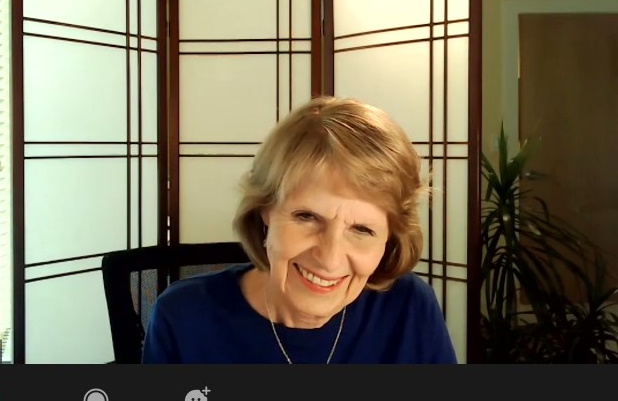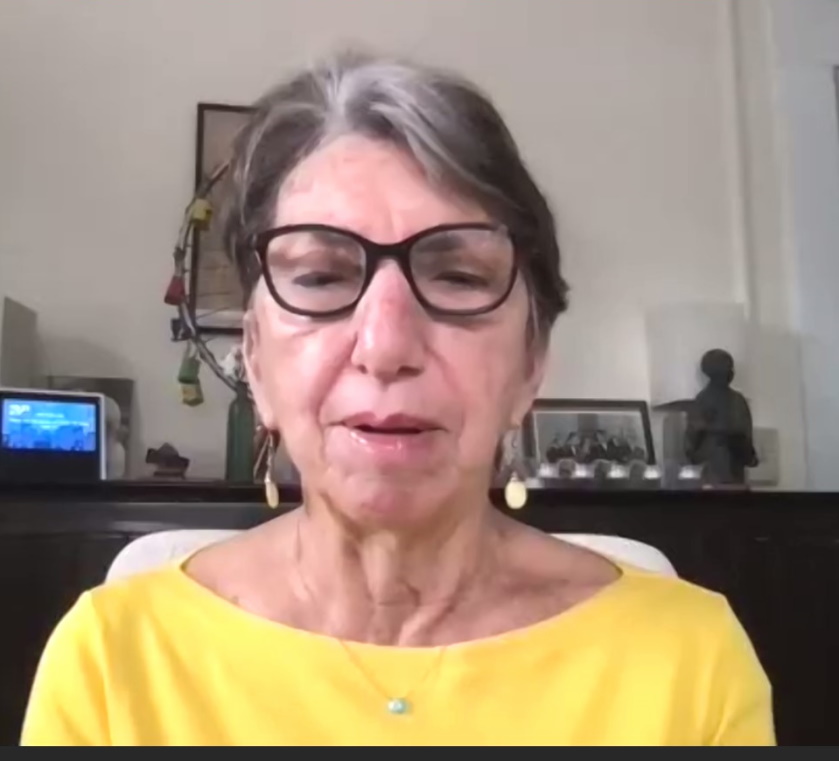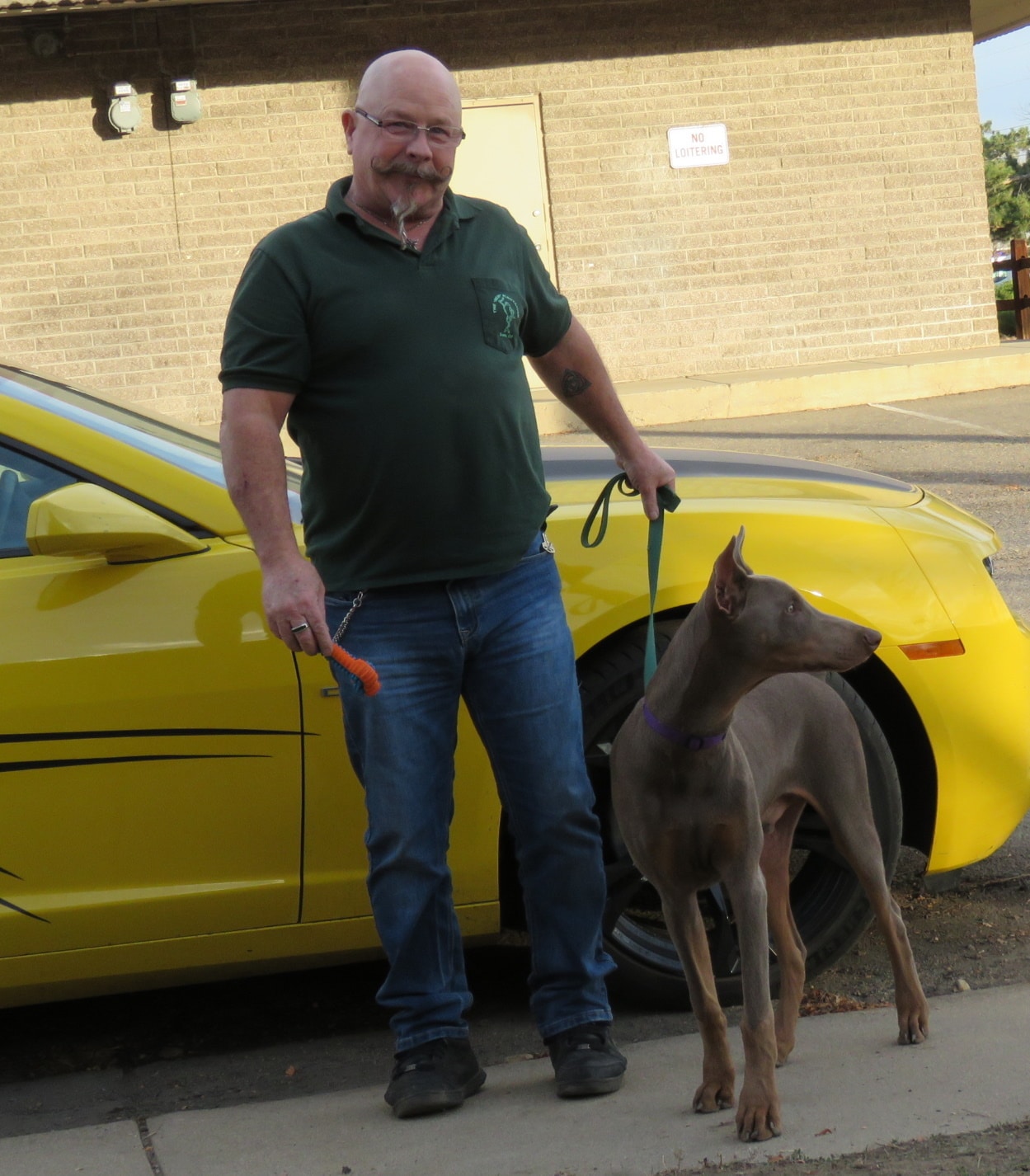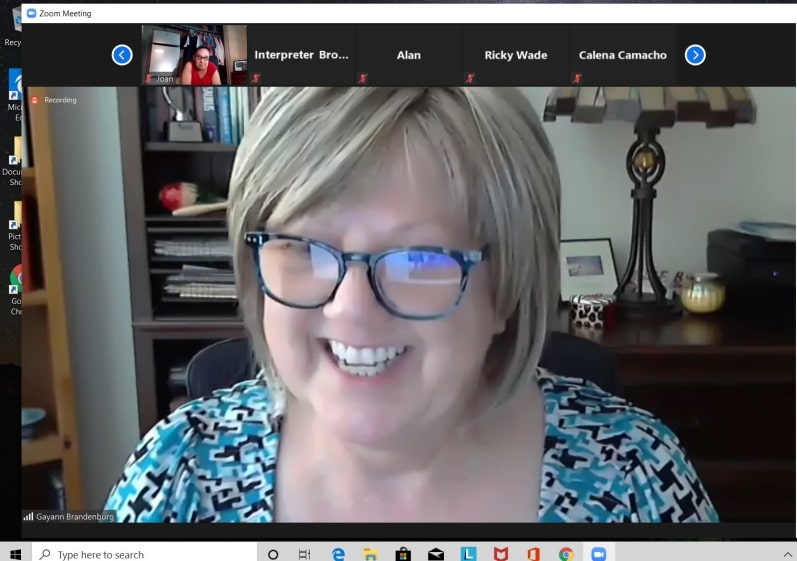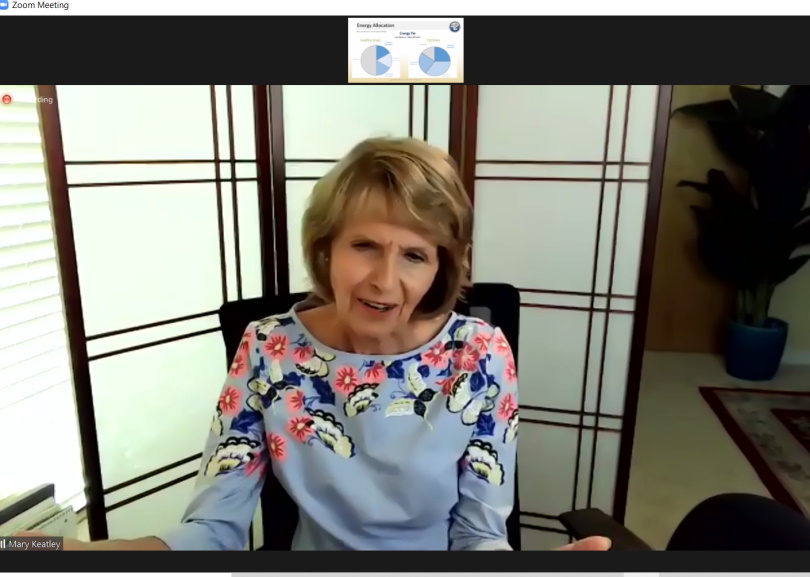Brain Injury Treatment Panel: Concussive Events and Their Impact On Vision

Photo by Matt Noble via Unsplash
Brain Injury Treatment Panel: Concussive Events and Their Impact On Vision
By Eliza Marie Somers
You may have heard the phrase: “The ayes have it,” however, for the brain injury community it’s the EYES that have it.
Dr. Amy Elsila, OD said she was […]

